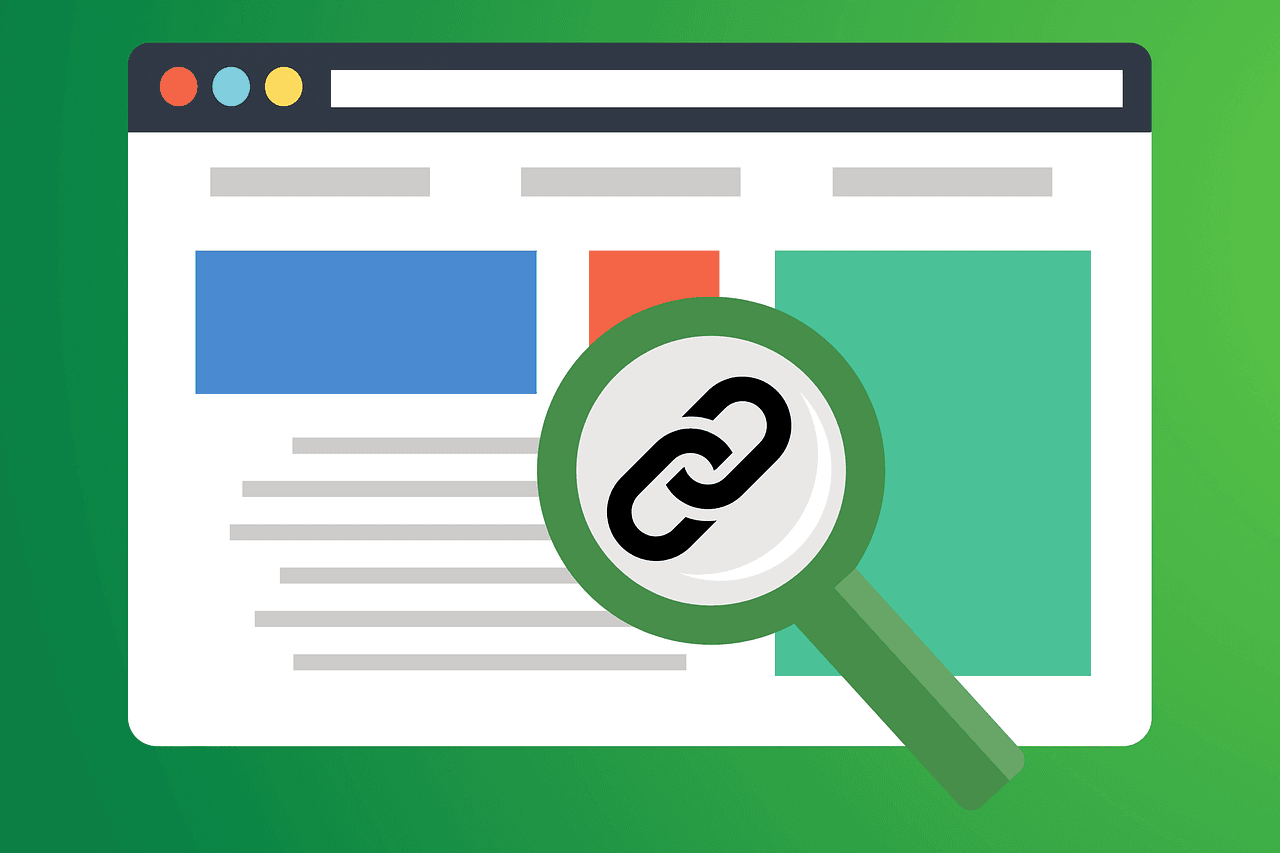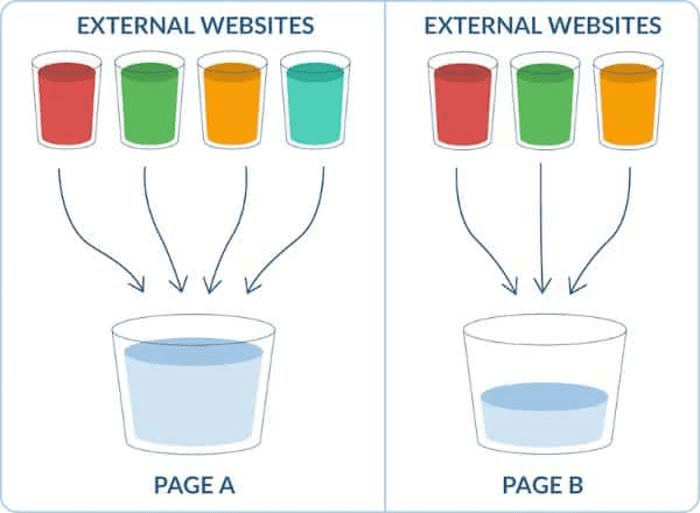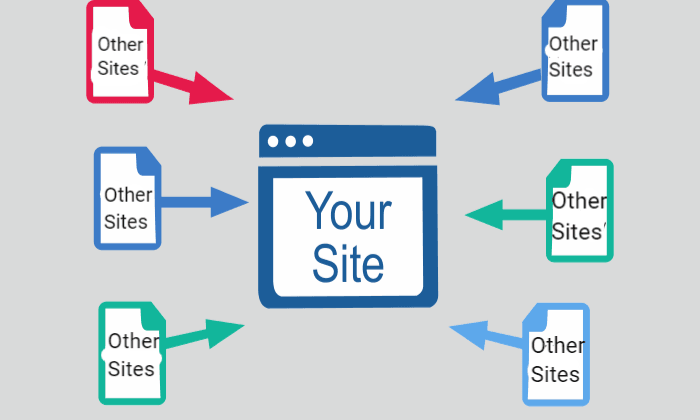E-E-A-T (Experience, Expertise, Authoritativeness, Trustworthiness) is a vital SEO framework for creating high-quality, trustworthy content. Learn how it impacts rankings and boosts credibility. At Keyword Metrics, we simplify SEO concepts like this to help you succeed!
What is EEAT?
Google’s ranking systems prioritize content that is helpful, reliable, and created with a focus on benefiting people. To achieve this, Google uses E-E-A-T (Experience, Expertise, Authoritativeness, and Trustworthiness) as a way to assess content quality.
However, EEAT isn’t a direct ranking factor—it’s a set of guidelines that help ensure content is valuable to users. Let’s break down each component of EEAT based on Google’s framework.

1. Experience
Experience refers to the firsthand knowledge or real-world experience that the author or website demonstrates in their content. This is especially important for topics where practical experience can significantly influence the quality of the information.
For example:
- A product review written by someone who has actually used the product carries more weight than a generic summary of its features.
- Travel advice from someone who has personally visited a destination is more reliable than tips from someone who has not.
2. Expertise
Expertise involves the knowledge and understanding that the content demonstrates. Google values content that is created by individuals with proven expertise in the relevant field, backed by qualifications, credentials, or demonstrated skill.
For instance:
- An article about tax preparation written by a certified accountant is considered more expert than one written by someone with no financial background.
- A medical article authored by a licensed healthcare professional will generally be rated higher in terms of expertise than one written by an amateur blogger.
For instance, use an author bio with links to professional profiles or a dedicated "About" page to build trust.
3. Authoritativeness
Authoritativeness is about how well-regarded your site or content is within its niche. Google evaluates whether others in the industry consider your site as a go-to source of information.
For example:
- A health website like Mayo Clinic is highly authoritative in the medical field due to its long-standing reputation and the trust it has earned from other reputable sources.
- A legal blog backed by a law firm with years of experience and case references is considered an authoritative source for legal advice.
4. Trustworthiness
Trustworthiness is the foundation of high-quality content. It means that users can rely on your site for accurate, reliable, and secure information. This is critical in fields like health, finance, and safety where incorrect or misleading information can have serious consequences.
For example:
- A website with HTTPS encryption signals that it is secure, which is a trust factor for users.
- Content with clearly cited sources and well-researched information boosts the credibility of your content.
What’s the Difference Between E-E-A-T and E-A-T?
In December 2022, Google introduced a key update by changing the well-known E-A-T (Expertise, Authoritativeness, and Trustworthiness) to E-E-A-T, adding an important "E" for Experience.
This change reflects Google's recognition of the value that first-hand experience brings to content. The addition of Experience helps Google’s Quality Raters better assess the quality of search results, especially in cases where practical knowledge or personal usage adds credibility to the information.
What Google Values in EEAT
While Experience, Expertise, Authoritativeness, and Trustworthiness are all important, Trust is the most critical factor for Google. High-trust content is more likely to rank well in search results because it ensures that users are not misled and can rely on the information provided.
Google's systems also prioritize people-first content, which means content created with the primary goal of helping users, rather than manipulating search engine rankings. To ensure your content aligns with Google’s guidelines, ask yourself the following:
- Who created the content? Is it clear who the author is and can you verify their credentials and experience?
- How was the content created? Does it show evidence of real-world experience, research, or thorough analysis?
- Why was the content created? Was it made to inform or help users, not just to attract search engine traffic?
Importance of EEAT in SEO
Builds User Confidence
When users feel confident that the content they’re consuming is accurate, trustworthy, and created by knowledgeable experts, they are more likely to engage with it. This trust translates into higher user interaction, social shares, and repeat visits. For businesses, this leads to greater conversions, improved customer loyalty, and an enhanced online reputation.
Pro Tip: Content that builds trust with users is more likely to earn valuable backlinks, further boosting authority and trustworthiness.
Improves Search Rankings
While EEAT is not a direct ranking factor, its influence is significant. The elements of EEAT; such as backlinks, user engagement, and site authority are crucial ranking factors in SEO. Content that demonstrates high levels of experience, expertise, authoritativeness, and trustworthiness is more likely to earn favorable ranking signals, including:
- Backlinks: Quality content is more likely to be linked to by other authoritative sites.
- Engagement: Content that satisfies users’ needs is more likely to have positive engagement metrics, such as longer time on page and reduced bounce rates.
- User Satisfaction: When users find content useful and trustworthy, they are more likely to engage with it and share it, signaling to Google that the content is valuable.
Adapts to Evolving Search Trends
As misinformation becomes more prevalent on the internet, Google has increasingly emphasized the importance of content from reputable, trusted sources. EEAT ensures your content remains relevant and prioritized in a search landscape that’s becoming more discerning about the accuracy and reliability of information.
Example: In the financial industry, for instance, an investment advice website that includes expert credentials, cites reliable data, and offers clear, well-researched content will rank higher than a generic, unverified site offering similar advice.
Pro Tips for Implementing EEAT Effectively
Showcase Author Expertise
One of the best ways to demonstrate EEAT is by showcasing the qualifications and expertise of the author. Establishing your authors' credibility enhances trust and authority.
Actionable Steps:
- Add detailed author bios for every blog post, including their qualifications, experience, and professional background.
- Link to external profiles like LinkedIn or personal websites to further establish the author's authority and expertise in the field.
Pro Tip: Ensure your author bios are visible and easy to find, especially on blog posts or articles where trust in the author’s knowledge is critical.
Strengthen Your Site’s Authority
Building authority is a critical part of demonstrating EEAT. The more authoritative your website appears, the more likely it will rank higher in search results.
Actionable Steps:
- Focus on link building by collaborating with authoritative sites in your industry, contributing guest posts, or obtaining mentions on high-quality platforms.
- Share case studies, testimonials, or success stories that highlight your expertise and authority within your niche.
- Ensure your website has a clear and comprehensive About page, demonstrating the history, mission, and qualifications of the organization or authors behind the content.
Prioritize Content Accuracy
For content to be trusted, it must be accurate and up-to-date. Regularly reviewing and updating older content can help ensure that your information stays relevant and factual.
Actionable Steps:
- Regularly update old content to reflect the latest trends, findings, or best practices.
- Cite credible sources, such as peer-reviewed studies, official research, or trusted publications, to back up your claims.
Optimize for Transparency
Transparency signals trustworthiness. Make it easy for your audience to verify the quality and authenticity of your content.
Actionable Steps:
- Add trust signals like customer reviews, security badges (SSL certificates), and clear privacy policies.
- For eCommerce sites, provide easy access to refund policies, shipping information, and product guarantees to improve user confidence.
Tools to Enhance Your E-E-A-T Strategy
Several tools can help streamline the process, making it easier to find opportunities to enhance your content's quality and rank higher in search results.
Keyword Metrics
Keyword Metrics helps optimize content by identifying keywords you're already ranking for but not targeting well. It scans your pages, generates new content ideas, and sends weekly email reports with opportunities to improve visibility. Its advanced filters help prioritize high-traffic keywords, streamlining content audits and boosting SEO.
Why it's useful for E-E-A-T:
- Experience: Target underoptimized keywords, adding first-hand experience to your content.
- Expertise & Authoritativeness: Focus on niche-related keywords that reflect your expertise.
- Trustworthiness: Improve content accuracy and value, aligning with Google's trust signals.
Google Search Console
Google Search Console is a must-have tool for understanding how your content performs in search results. By analyzing keyword data, impressions, and click-through rates, you can get insights into how Google views your pages. This allows you to identify underperforming content and areas where you can add more expertise or experience to improve rankings.
SEMrush
SEMrush is an all-in-one SEO tool that can assist in optimizing for E-E-A-T by helping you analyze your site’s authority and discover gaps in your content. By tracking backlinks, keyword rankings, and site performance, you can make informed decisions about where to focus your E-E-A-T efforts.
Ahrefs
Ahrefs is known for its backlink analysis and keyword research capabilities. It helps build authoritativeness by finding quality backlinks that boost the trustworthiness of your content. By regularly monitoring your backlinks and content performance, you can ensure that your content remains authoritative and relevant.
Related Glossary Terms to Explore
- SEO Audit: Discover how to evaluate your site's SEO performance and identify areas for improvement.
- Backlinks: Learn why quality links from other sites are crucial for authority and rankings.
- SERP: Find out how search engine results pages work and how to optimize for top positions.
- SEO Content Audit: Explore strategies for analyzing and updating your content to improve visibility.
- Black Hat SEO: Understand risky tactics to avoid penalties and protect your site’s reputation.


